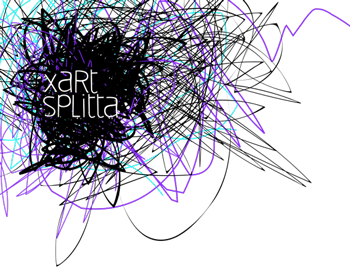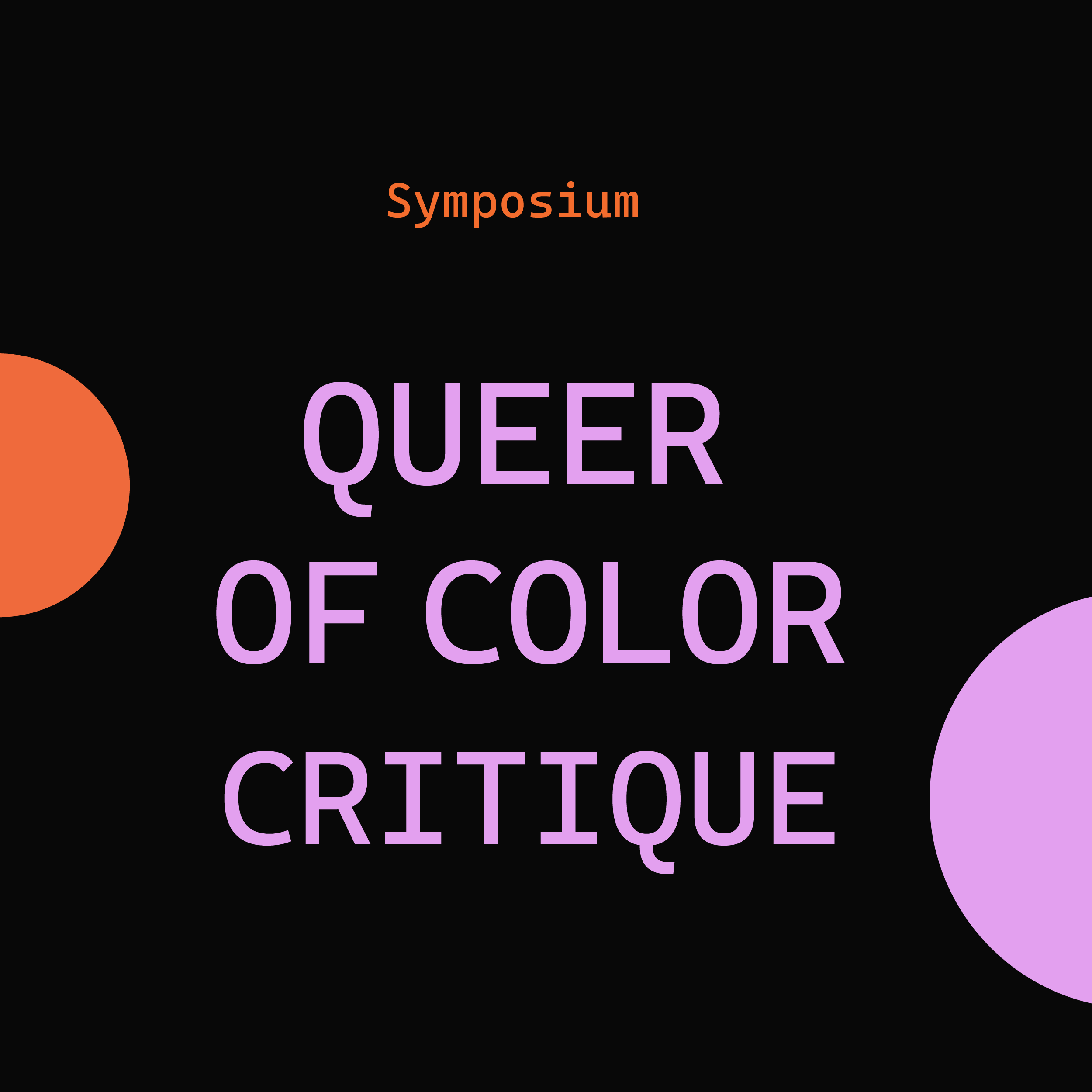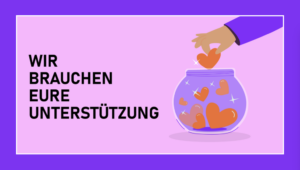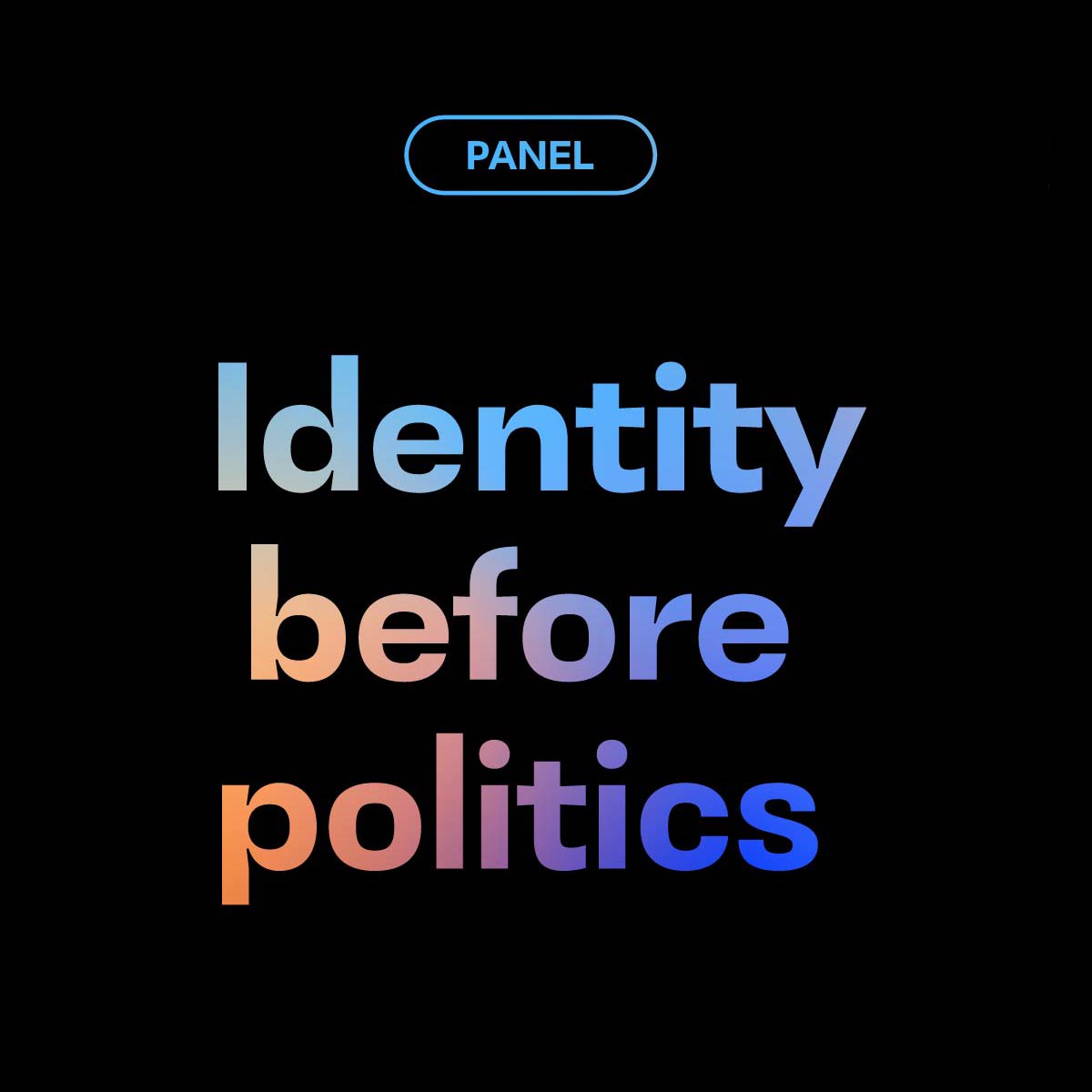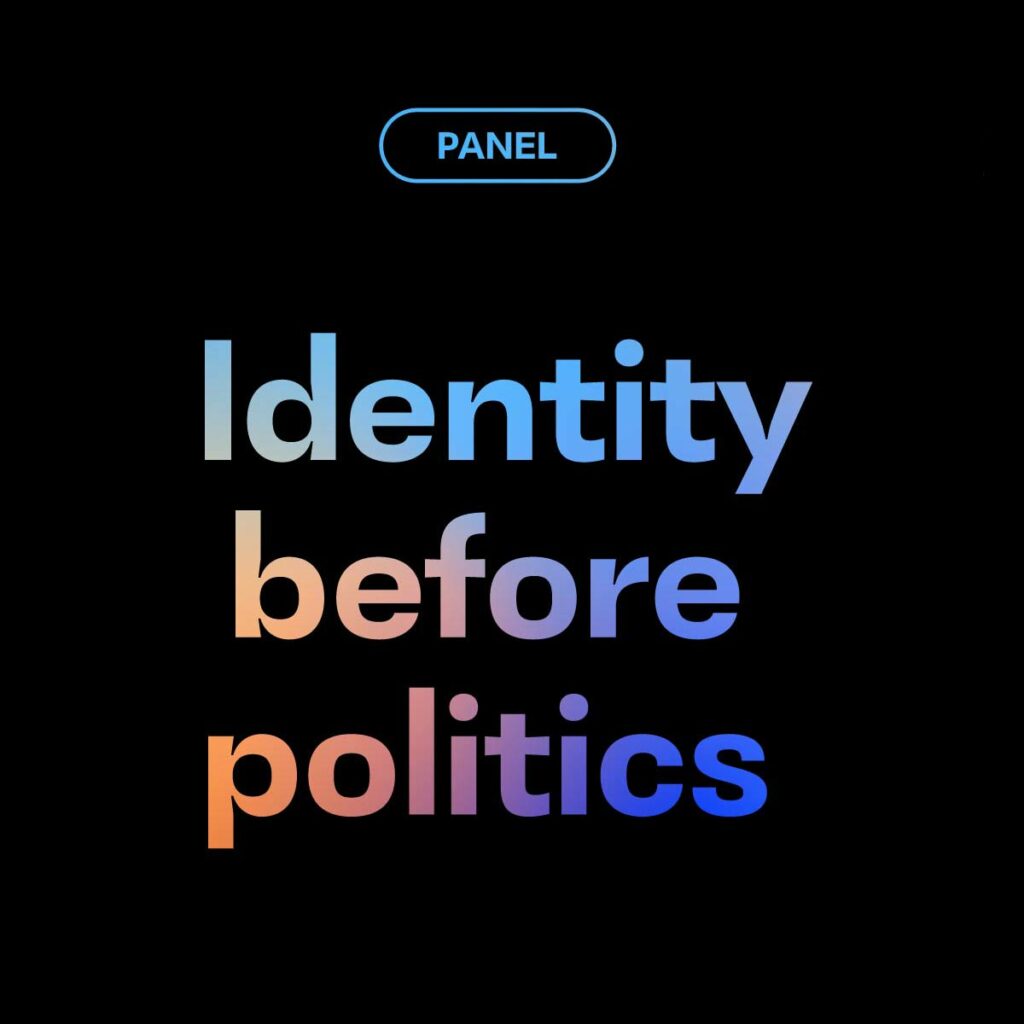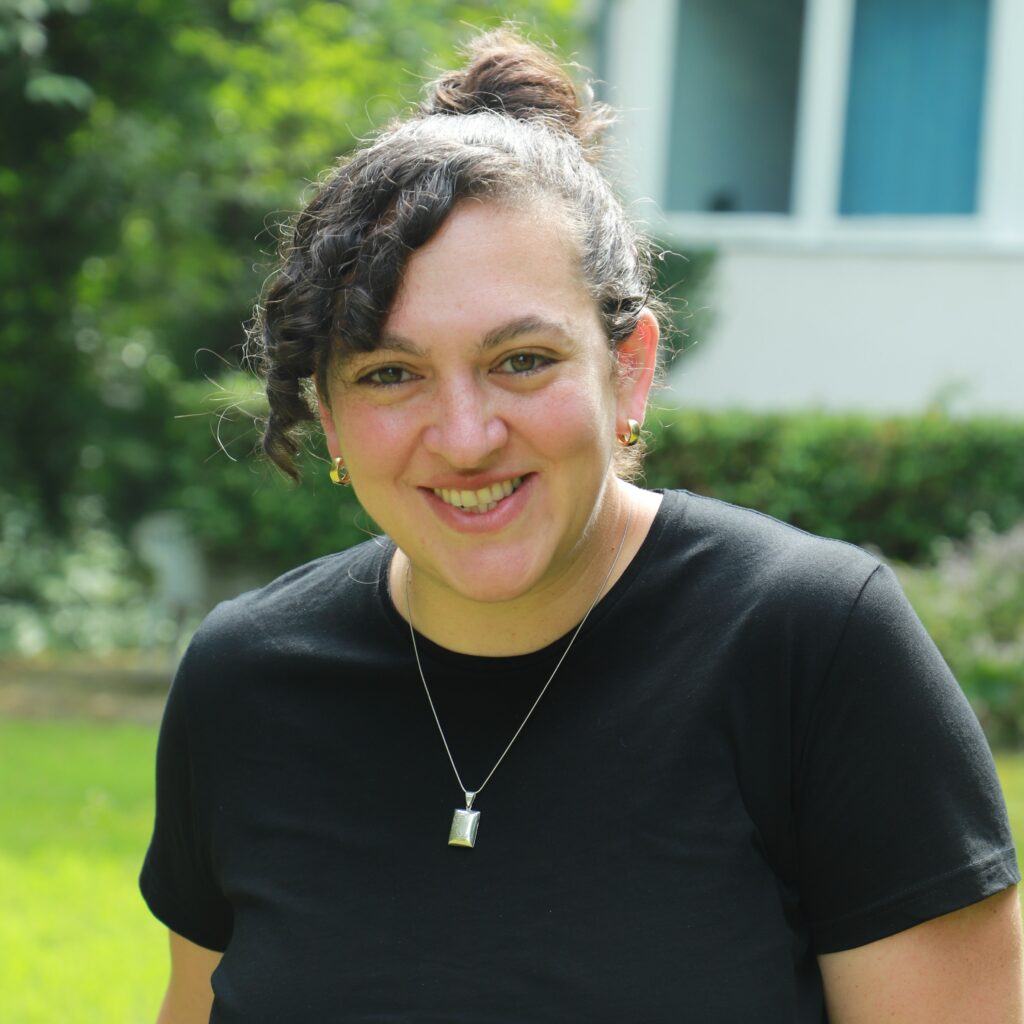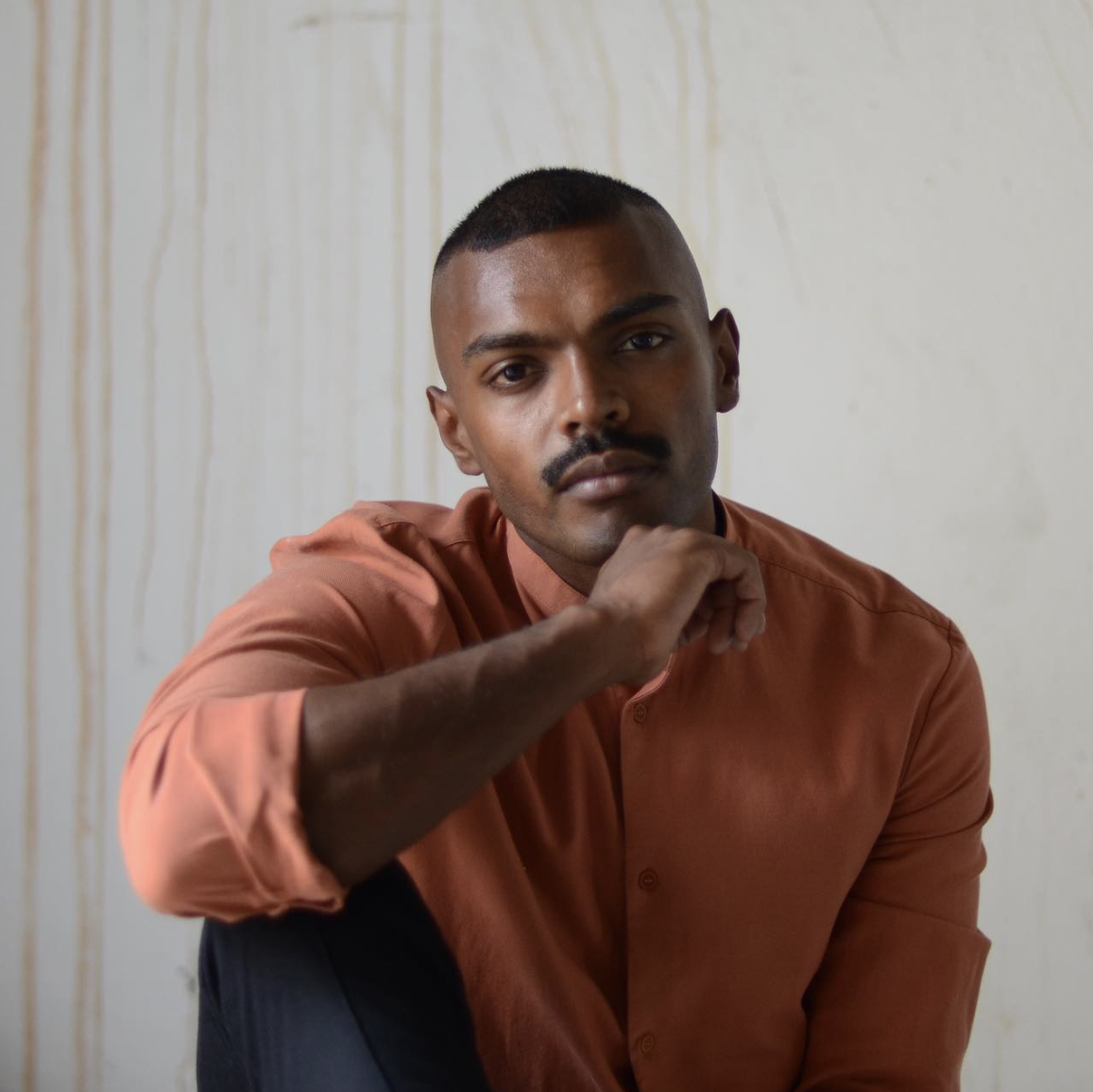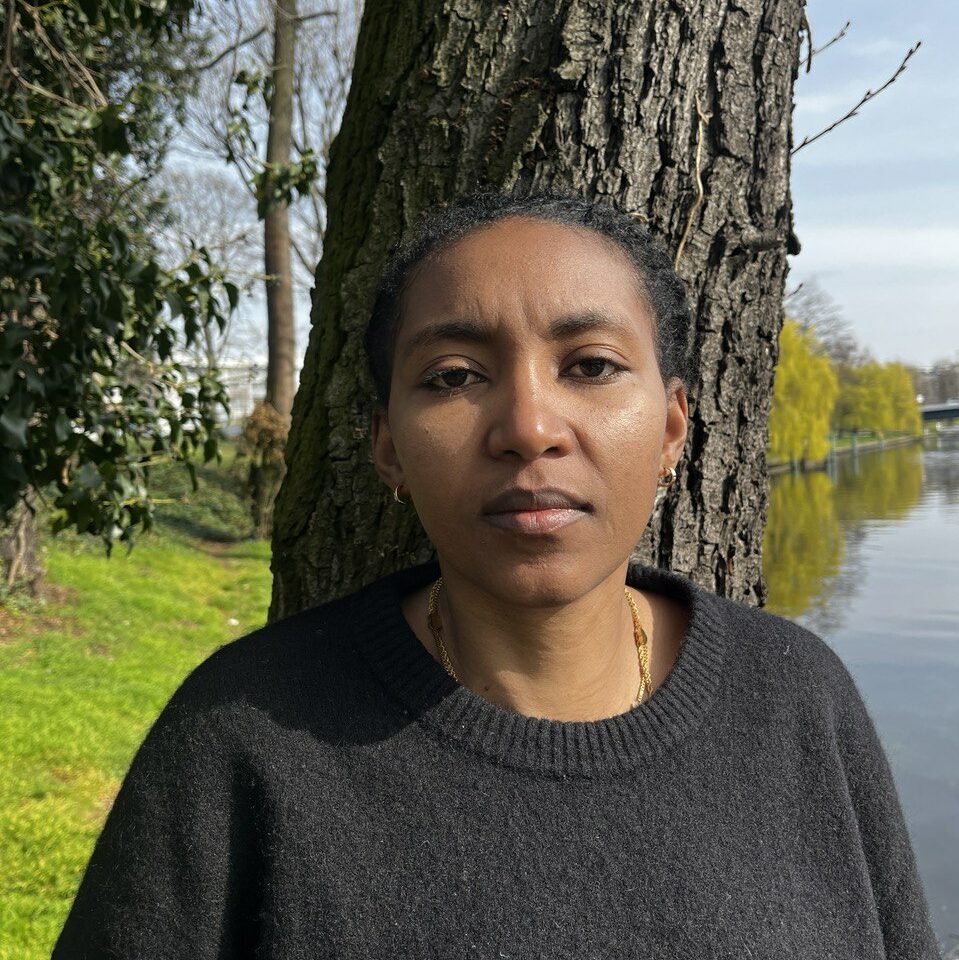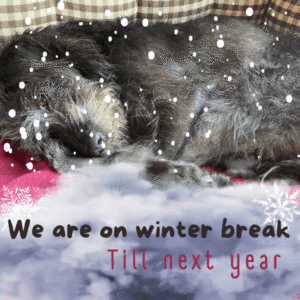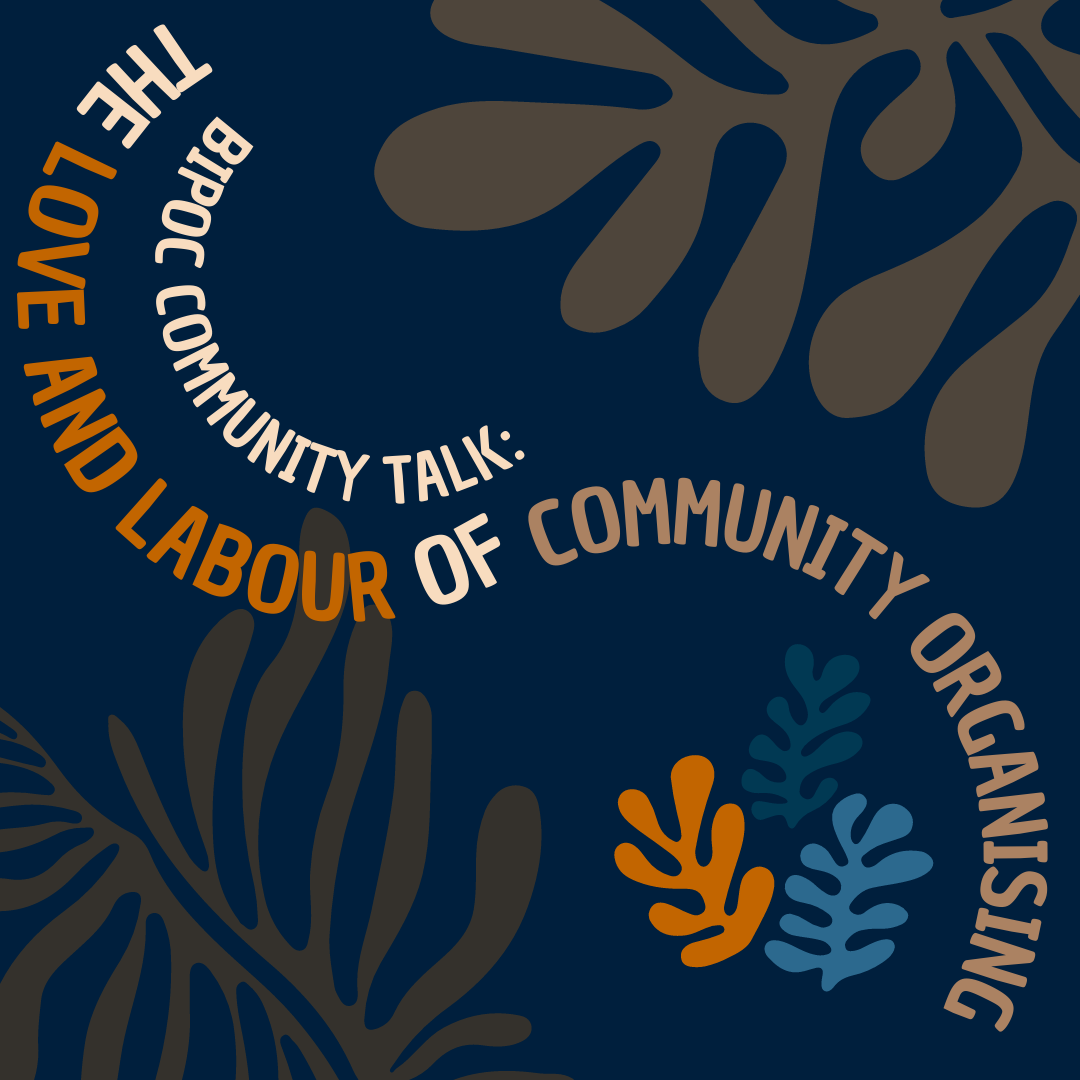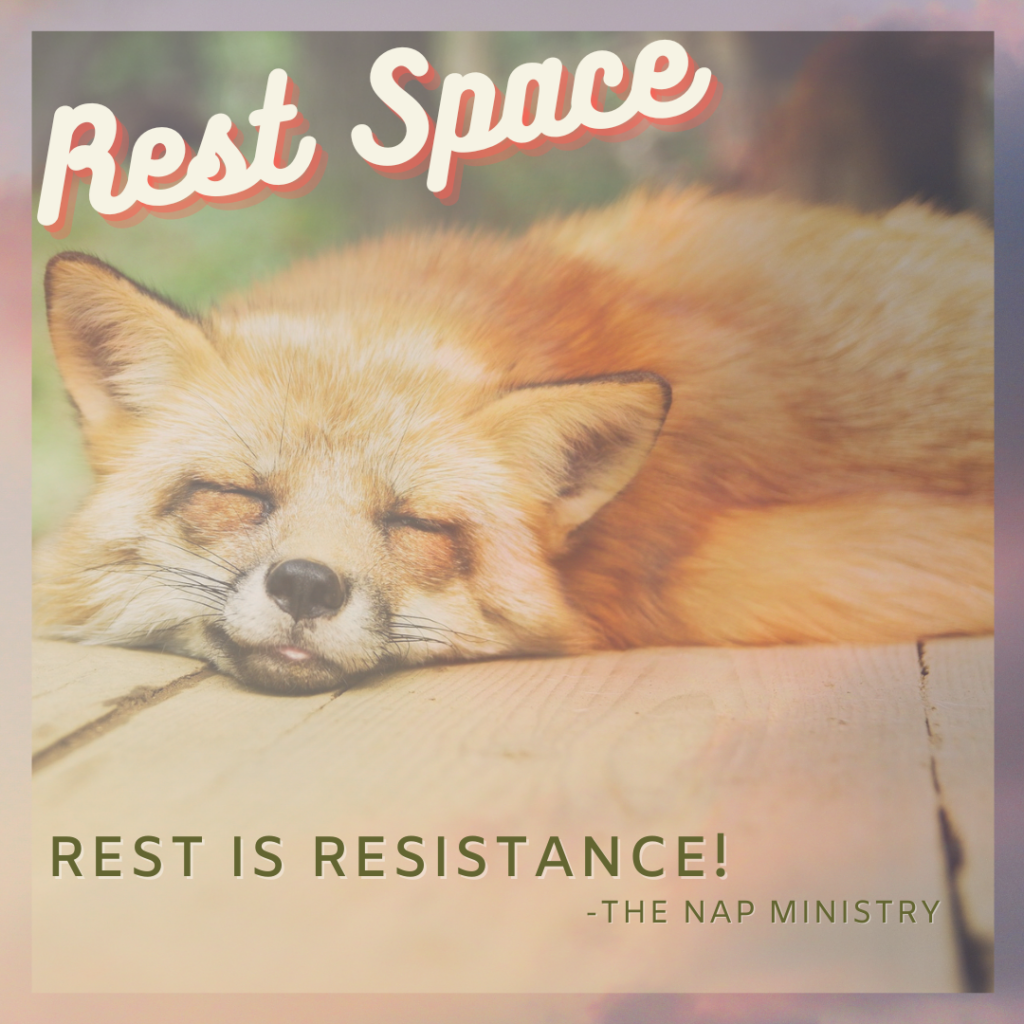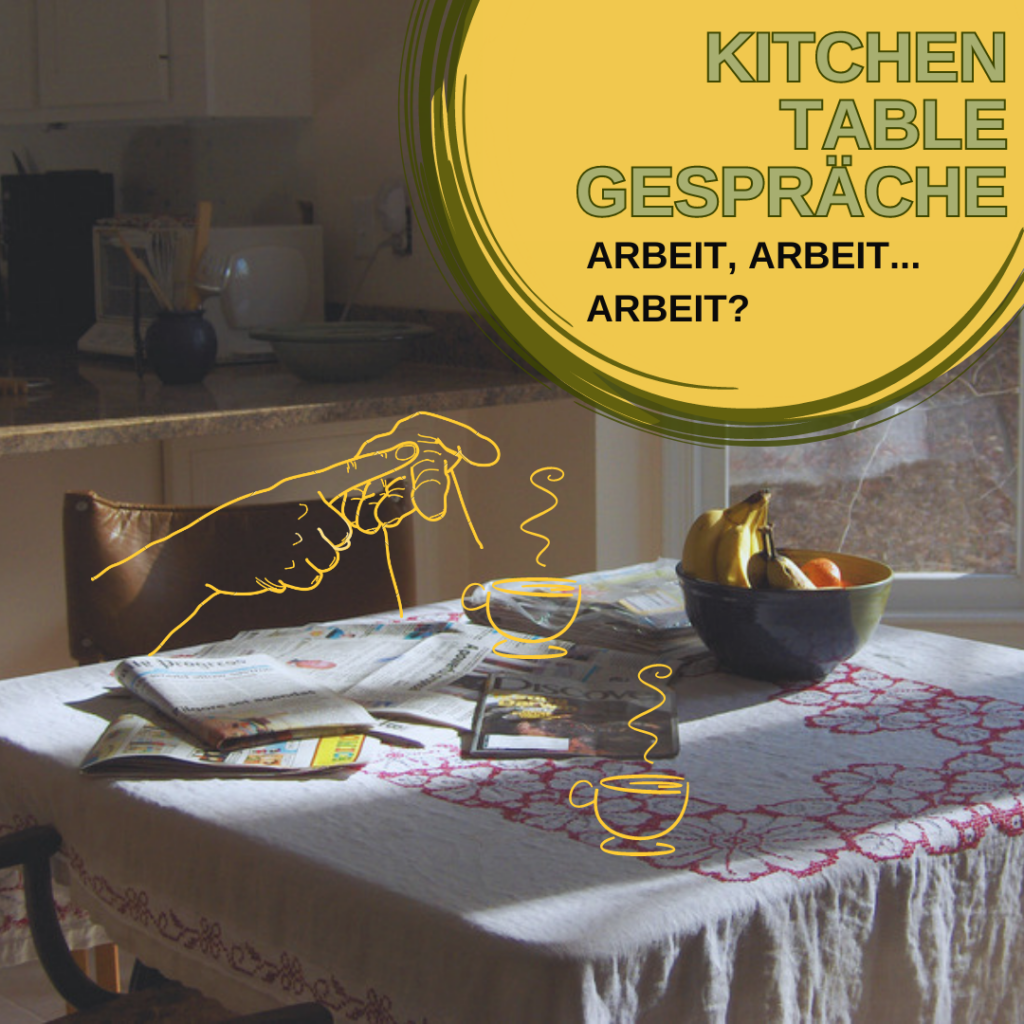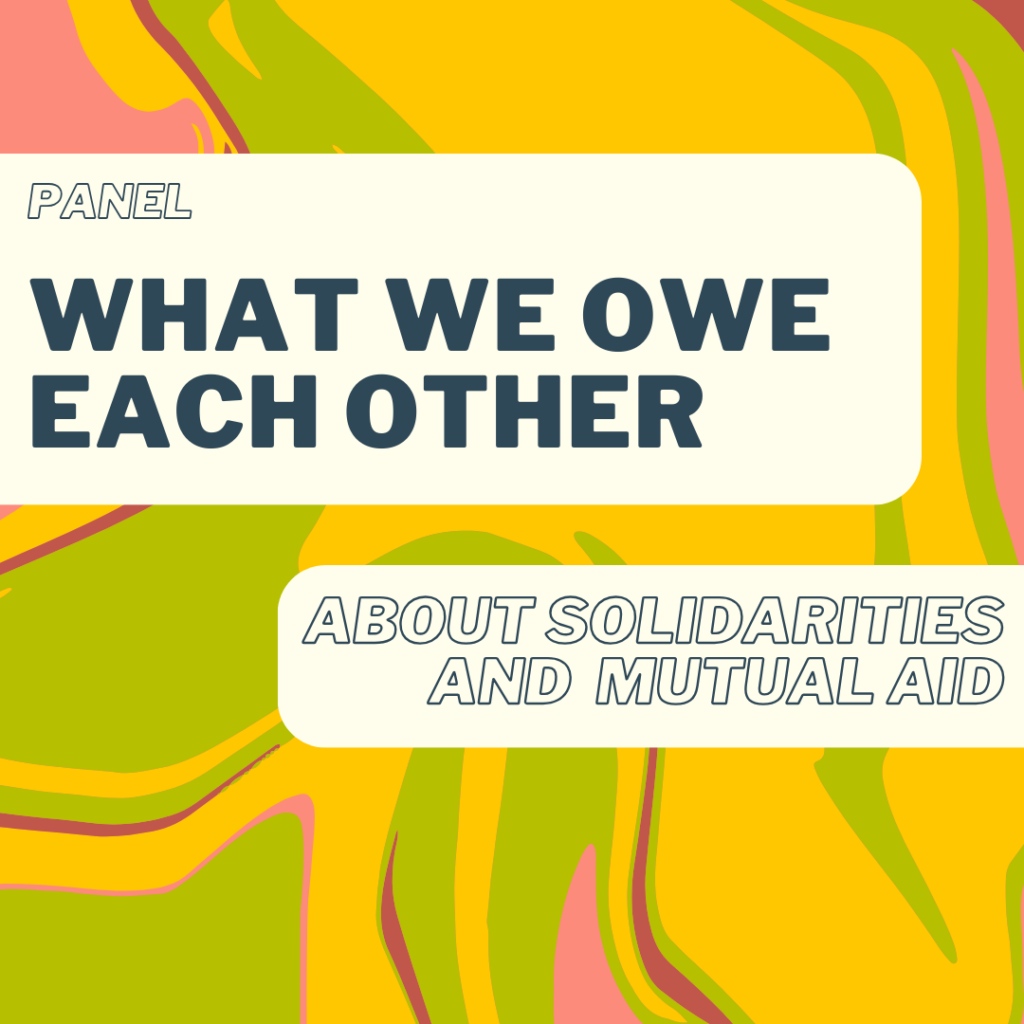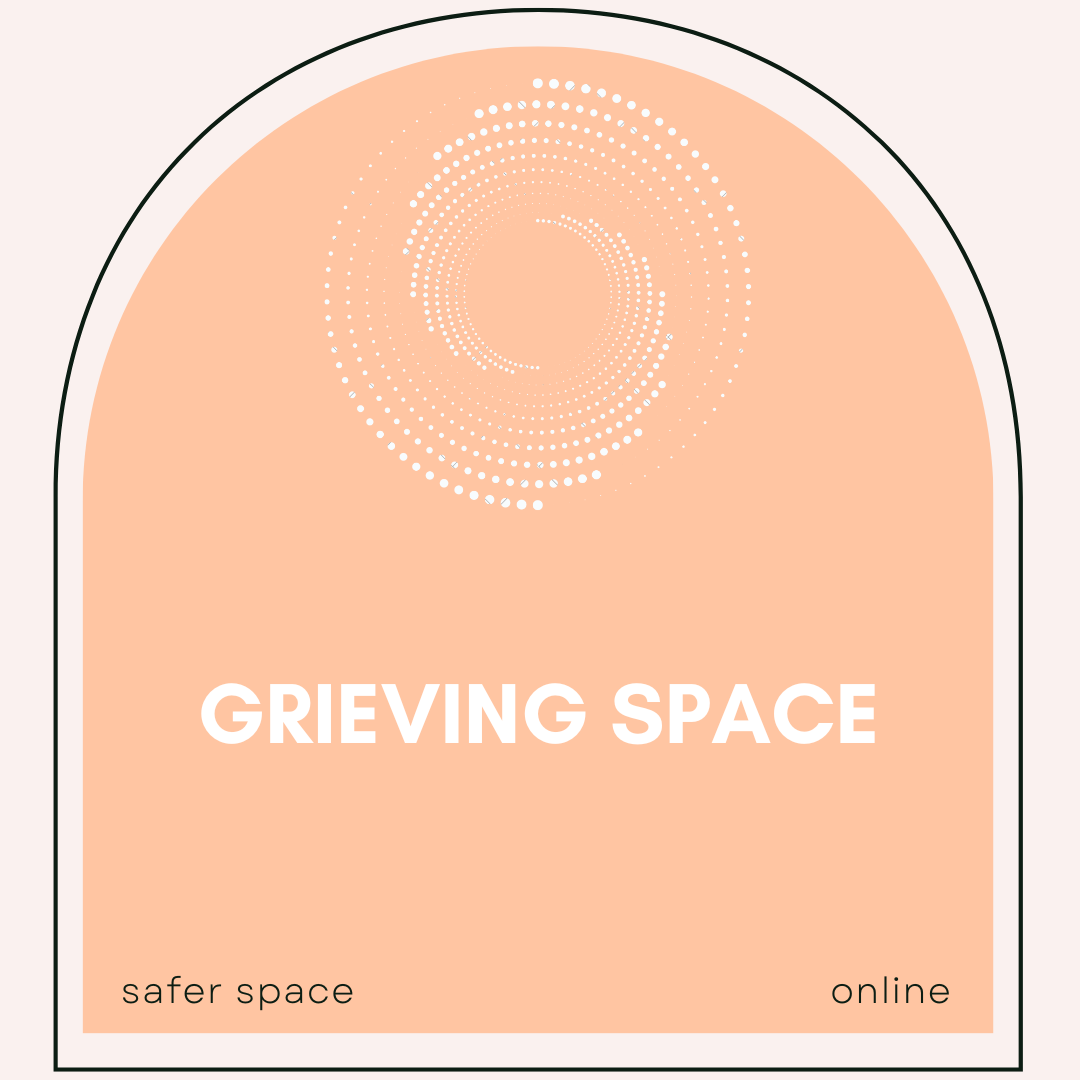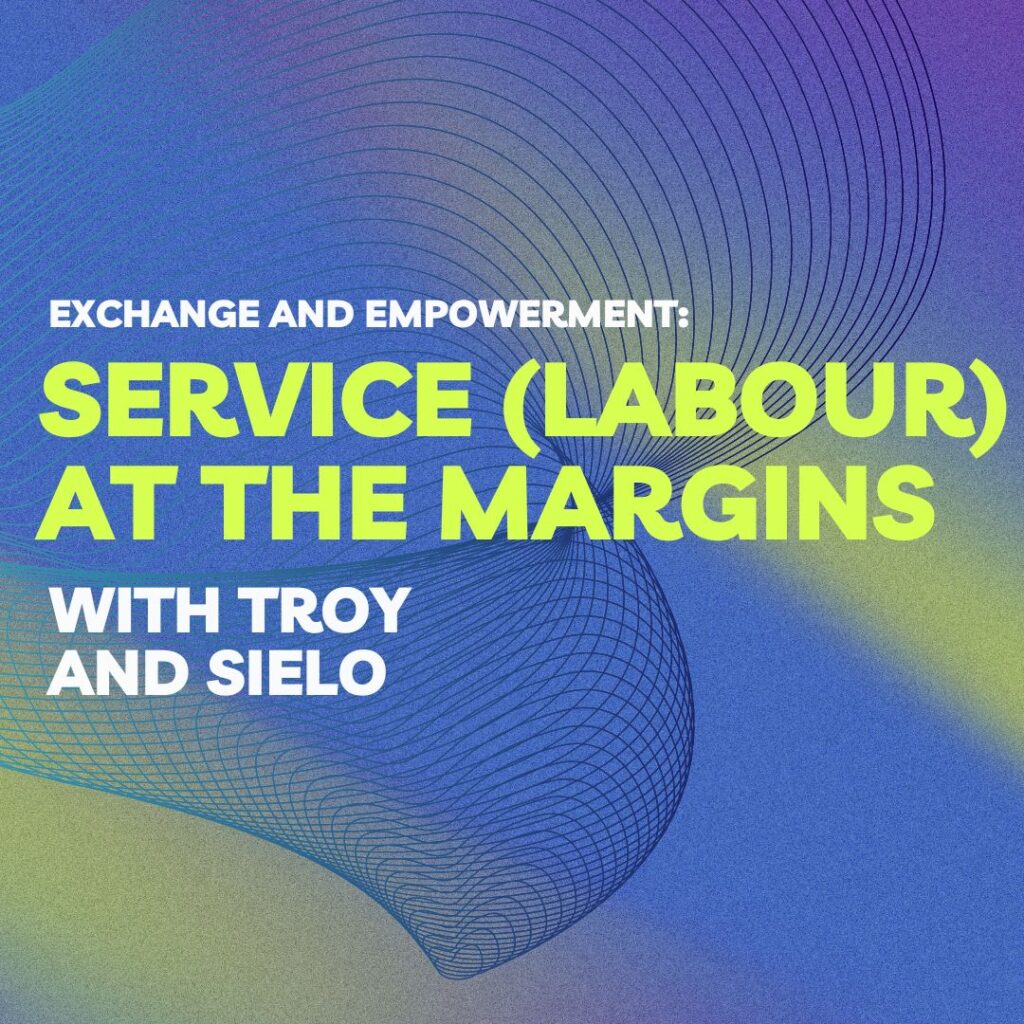Freitag, 24. Mai 2024, ab 12:00 Uhr
Kreuzberger Kinderstiftung, Ratiborstr. 14a, 10999 Berlin
Diese Veranstaltung wird in deutscher und englischer Lautsprache sowie Deutsche Gebärdensprache stattfinden.
Selbstverständlich ist Queer of Color-Kritik nicht homogen und es gibt nicht nur eine Linie. Die Linien erscheinen jedoch oft nur flüchtig, sind mal deutlicher, mal ephemer, mal fehlen Punkte auf der Linie oder Stationen auf dem Weg, die es einmal gab, die jedoch verschwunden sind durch Auslöschung, Vergessen, Repression, Gewalt oder Pandemien.
– Dr. Rena Onat
Queer of Color Critique bedeutet zunächst eine kritische Sicht von queeren und BIPoC positionierten Personen. Obwohl es keine einheitliche Gruppe von Queers of Color gibt, wird dieser Begriff derzeit eher von QTIBIPoCs (QueerTransInter* UND Black Indigenous People of Color) verwendet. Es besteht die Gemeinsamkeit, sowohl von Rassismus als auch von Homo- und/oder Transfeindlichkeit betroffen zu sein. Das bedeutet auch, dass es geteilte Erfahrungen sowie gemeinsame Widerstands-, Überlebens- und Empowermentstrategien gibt.
Queer of Color Critique war immer wieder Thema in den Räumen von xart splitta, zum Beispiel in dem gleichnamigen Lesekreis oder bei der Veröffentlichung von Rena Onats Dissertation „Queere Künstler*innen of Color“. Im Zentrum unserer Auseinandersetzung stehen hier, neben den Kritiken selbst, auch die Menschen, die diese Kritiken formulieren. Auch aus diesem Grund ziehen wir hier eine direkte Linie vom (akademischen) Diskursspektrum der Queer of Color Critique zur (aktivistischen) Identität(-sbildung).
Mit verschiedensten Formaten wie Input, Panel und Workshops erhoffen wir, auf dem Symposium Fragen des Wissentransfers innerhalb der intersektionalen Communities und Wissenschaften zu schaffen und einer erneuten Kontextualisierung und Herausforderung im deutschen Kontext nachgehen zu können.
Die Prozesse um Wissen über intersektionale Diskriminierung bzw. Lebensrealitäten, das Erinnern aktivistischer Kämpfe, Personen oder Orte, die von struktureller Auslöschung betroffen sind/waren, werden hier grundlegend für ein gemeinsames Erinnern und Austauschen sein.
Programm:
12:00 – 12:45 Uhr Ankommen & Begrüßung
12:45 – 13:15 Uhr Begrüßung & Vorwort von Dr. Rena Onat
13:15 – 13:45 Uhr Input von Jin Haritaworn
13:45 – 14:30 Uhr Pause
14:30 – 15:30 Uhr Workshops
15:30 – 16:00 Uhr Pause
16:00 – 16:30 Uhr Dokumentation der Queer of Color Critique Inputs Dr. Chandra Frank & Gayatri Gopinath, 2021
16:30 – 18:00 Uhr Panel
Informationen zur Anmeldung
Meldet euch unter contact@xartsplitta.net an bis zum 16. Mai 2024 an. Anmeldungen sind per Schrift, Video und Audio möglich.
Diese Veranstaltung ist ein Safer Space und richtet sich explizit an Menschen, die sich als Queer/Trans/Inter* und als BIPOC positionieren.
Es wäre toll, wenn ihr bei eurer Anmeldung zu folgenden Punkten etwas schreiben würdet:
- An welchem Workshop möchtest du teilnehmen?
- Warum hast du dich für die Teilnahme an dem Workshop entschieden?
- Auf welche Weise hast du dich bisher mit dem Thema beschäftigt?
- Hast du Bedürfnisse oder brauchst du zur Teilnahme Unterstützung (z.B. Sprachassistenz etc)?
Bitte kommt getestet zur Veranstaltung und bleibt zu Hause, wenn ihr Symptome zeigt.
Die Referent*innen
Rena Onat ist Kunst- und Medienwissenschaftlerin und interessiert sich für Queer of Color Kritik in der visuellen Kultur. Sie positioniert sich als deutschtürkische Femme hat kürzlich ihre Doktorarbeit zum Thema „Queere Künstler_innen of Color. Verhandlungen von Disidentifikation, Überleben und Un-Archiving im deutschen Kontext“ abgeschlossen. Sie hat am Institut für Medienwissenschaft der HBK Braunschweig und im Helene-Lange-Kolleg Queer Studies und Intermedialität: Kunst – Musik – Medienkultur an der Uni Oldenburg als wissenschaftliche Mitarbeiterin gearbeitet. Seit 2023 ist sie die Hauptamtliche Frauenbeauftragte an der weißensee kunsthochschule berlin. Außerdem macht sie Lehraufträge, Vorträge und Workshops zu Kunst, Empowerment und Antidiskriminierung und mag Pferde.
Sunanda Mesquita, geboren 1985, ist eine_ in Wien lebende transdisziplinäre visuelle Künstler_in, Kurator_in und Ayurveda-Wellness-Praktiker_in. Mesquita studierte an der Akademie der bildenden Künste Wien und war Co-Kurator_in von Anti-Colonial Fantasies und Mitbegründer_in von WE DEY x SPACE, einem QTIBIPOC-zentrierten Kunstraum in Wien. (decolonialkilljoy.com)
Die künstlerische Praxis konzentriert sich auf die Möglichkeiten einer radikalen, utopischen, queer feministischen Kollektivität von BIPoCs und Themen der Community, Solidarität und Zugehörigkeit. Sunanda unterstützt individuelle und kollektive journeys zum Wohlbefinden durch Āyurvedische Körperarbeit und ganzheitliches Wissen, welches dekoloniale Freude in der Diaspora in den Mittelpunkt stellt. (@decolonial_joy).
Koray Yılmaz-Günay ist Co-Geschäftsführer des Migrationsrats Berlin, einer Dachorganisation von über 80 Migrant*innen-Organisationen sowie Organisationen von Schwarzen und Menschen of Color. Zudem arbeitet er in der außerschulischen politischen Bildung, v.a. in der rassismuskritischen Bildung. Yılmaz-Günay ist seit den frühen 1990er-Jahren gesellschaftlich und politisch aktiv, v.a. in kapitalismus- und rassismuskritischen sowie queeren Bewegungen, lange Zeit bei GLADT e.V., einem Verein queerer Menschen of Color. Seit Mitte der 1990er-Jahre arbeitet er in der politischen Bildung, 2011–2016 war er Referent für Migration in der Akademie für Politische Bildung bei der Rosa-Luxemburg-Stiftung. Sein aktivistisches/publizistisches Engagement führten 2015 zur Gründung des Verlags Yılmaz-Günay.
Diese Veranstaltung findet im Rahmen des Projektes #CommunitiesSolidarischDenken statt.
